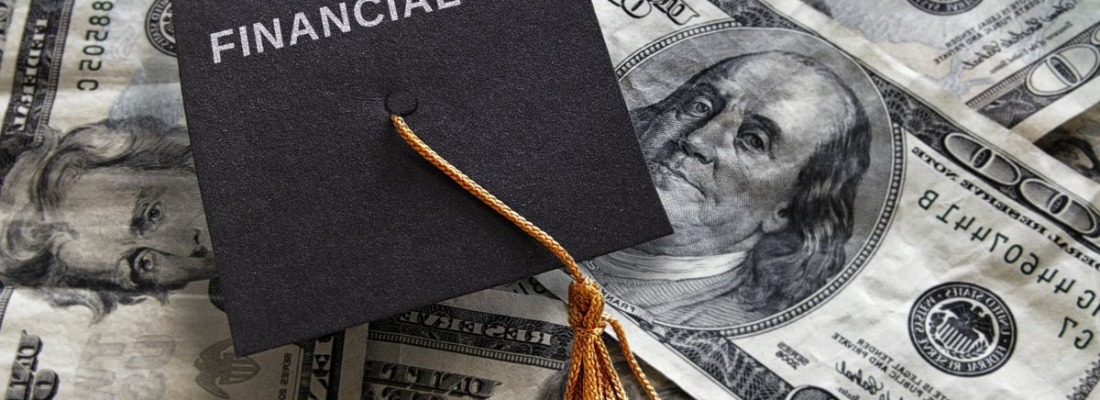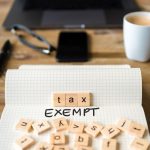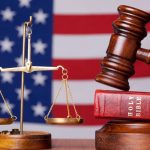The U.S. Supreme Court will hear a case during their next term this fall that challenges Maine’s ban on using state-provided financial aid to allow students to attend religious school.
In a landmark decision handed down on June 30, 2020, in Espinoza v. Montana Department of Revenue, the U.S. Supreme Court clarified the scope of religious liberty by requiring the state of Montana to apply tax credits equally to private religious schools. In Espinoza, the Court ruled that eliminating a taxpayer program simply because it could be used to fund religious organizations was a violation of the First Amendment protection for the free exercise of religion.
In Carson v. Makin, the justices will take up a question they did not resolve in Espinoza: Whether a state violates the religion clauses or equal protection clause of the United States Constitution by prohibiting students participating in an otherwise generally available student-aid program from choosing to use their aid to attend schools that provide religious, or “sectarian,” instruction.
More than half of the school districts in Maine do not operate their own high schools, instead operating a program that pays for students to attend public or private schools. However, the program excludes religious schools. Two sets of parents who wanted to use funds from the program to send their children to private Christian schools sued the Maine Department of Education after the state agency told them they did not qualify for the tuition assistance program.
In federal court, the plaintiff parents argued that their right to exercise their religion under the Constitution was violated by excluding them from the program. The U.S. Court of Appeals for the First Circuit ruled in favor of the Maine Department of Education, stating that the exclusion of sectarian schools was based on whether the state-provided funds were used for religious instruction and to proselytize rather than whether the school was religious. The parents appealed that decision to the Supreme Court, which will hear the case some time in the fall.
The Church Law Center of California advises churches and other nonprofits on how to protect themselves from risk while furthering their mission. Call us today at (949) 892-1221 or reach out to us through our contact page.






